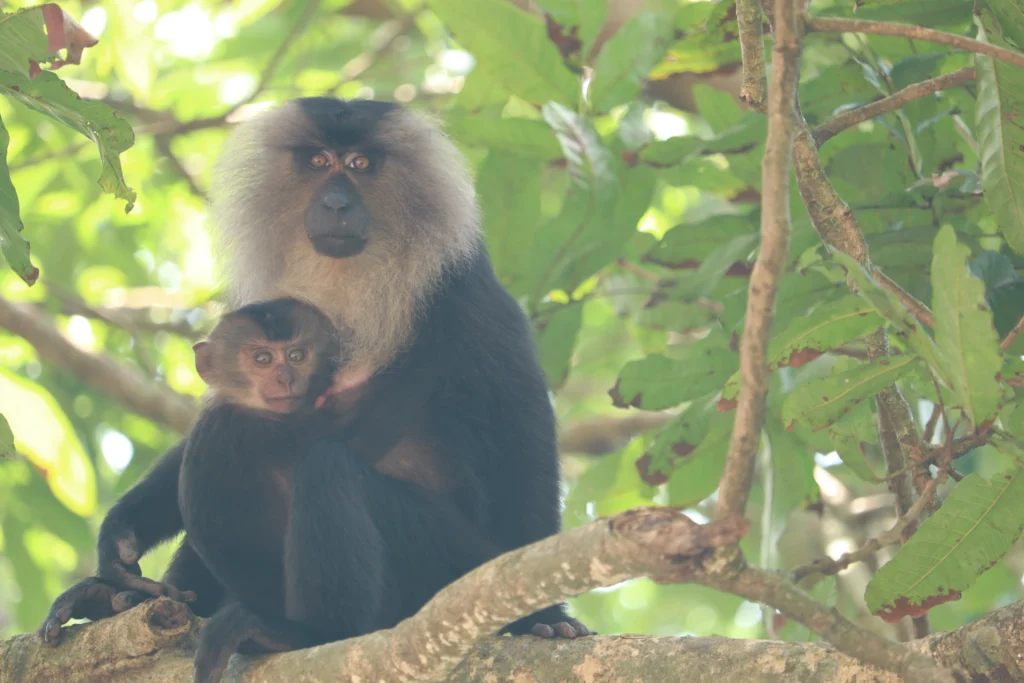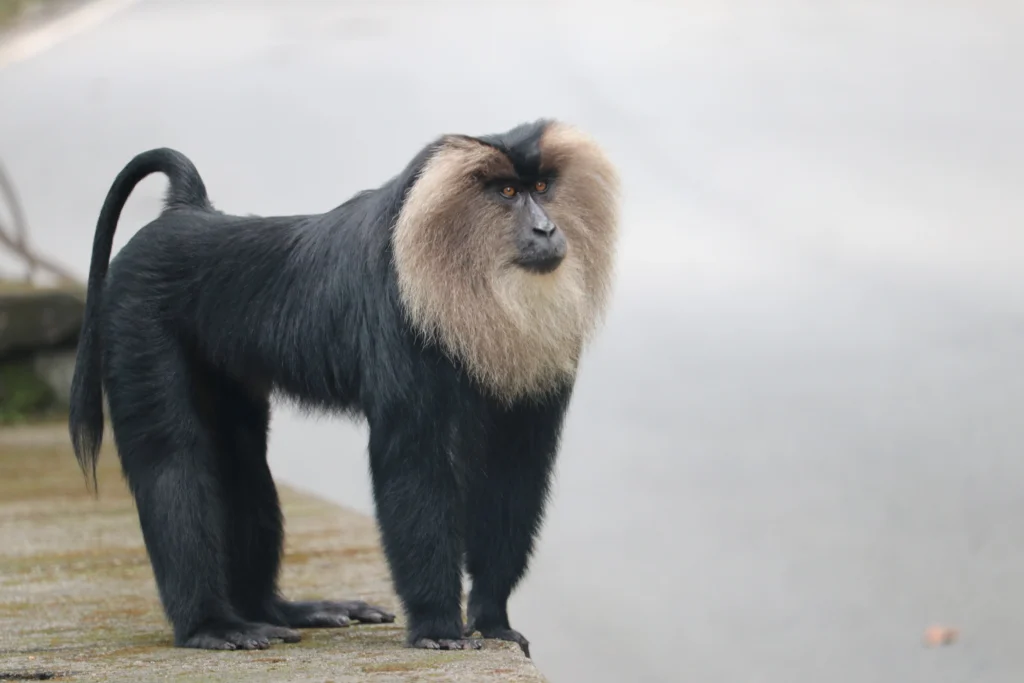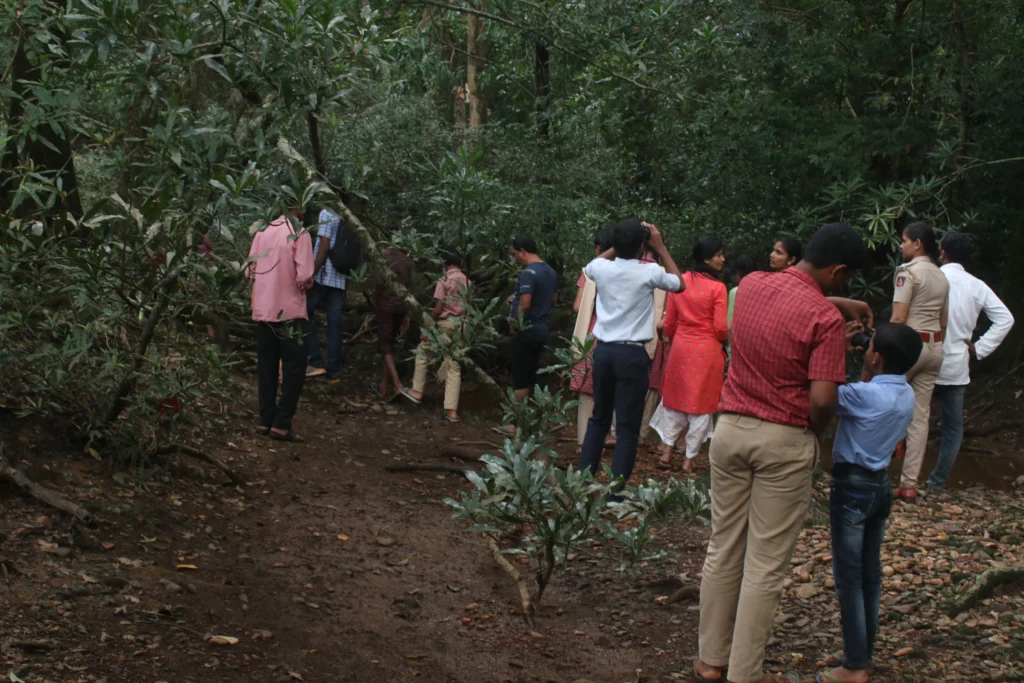UNDERSTANDING STRESS & ADAPTATION IN PRIMATES
Primates in the Western Ghats, including lion-tailed macaques, bonnet macaques, and langurs, are increasingly navigating human-altered landscapes. Our research explores how habitat fragmentation, resource availability, and human activities influence their behaviour, stress levels, and social structures. Using thermal imaging and bioacoustics, we assess physiological and vocal indicators of stress, shedding light on how environmental pressures impact primate well-being.
IMPACT OF HUMAN PROVISIONING ON WILDLIFE
Feeding wild animals, particularly monkeys, is a common practice in many regions, yet it disrupts natural foraging behavior, increases conflict, and alters ecosystem balance. Our studies examine the ecological and behavioral consequences of food provisioning, aiming to develop strategies that promote responsible wildlife interactions while minimizing human-wildlife conflict.
PARASITOLOGY & DISEASE ECOLOGY IN PRIMATES
As human-wildlife interactions increase, so does the risk of disease transmission between species. We investigate parasite load, zoonotic risks, and health markers in primate populations to understand how habitat disturbance and human activities influence disease ecology. This research is essential for both wildlife conservation and public health.



